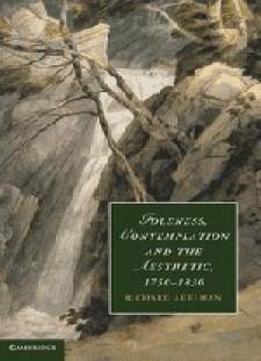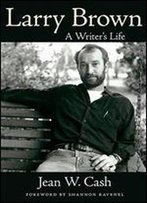
Idleness, Contemplation And The Aesthetic, 1750-1830 (cambridge Studies In Romanticism)
by Richard Adelman /
2011 / English / PDF
1.3 MB Download
Beginning with Adam Smith's dictum that labour was the most
significant human occupation, and William Cowper's idealisation of
'The Task', Richard Adelman traces the ways in which Romantic
writers responded to a debate over the dangers and rewards of idle
contemplation taking place in the second half of the eighteenth and
beginning of the nineteenth centuries. Evolving over a series of
discourses which the book considers at length - Scottish
Enlightenment political economy, penal and educational reform
debates, literature, British and German aesthetic theory, social
philosophy - this debate precipitates the growth of a 'British
idealism' in these decades. Exploring the thought of Adam Smith,
Jeremy Bentham, Friedrich Schiller, William Cowper, Samuel Taylor
Coleridge, Mary Wollstonecraft, and many of their contemporaries,
this study analyses the chain of events that leads to this 'British
idealism', and considers its social and political consequences in
the cultural theory of the first decades of the nineteenth century.
Beginning with Adam Smith's dictum that labour was the most
significant human occupation, and William Cowper's idealisation of
'The Task', Richard Adelman traces the ways in which Romantic
writers responded to a debate over the dangers and rewards of idle
contemplation taking place in the second half of the eighteenth and
beginning of the nineteenth centuries. Evolving over a series of
discourses which the book considers at length - Scottish
Enlightenment political economy, penal and educational reform
debates, literature, British and German aesthetic theory, social
philosophy - this debate precipitates the growth of a 'British
idealism' in these decades. Exploring the thought of Adam Smith,
Jeremy Bentham, Friedrich Schiller, William Cowper, Samuel Taylor
Coleridge, Mary Wollstonecraft, and many of their contemporaries,
this study analyses the chain of events that leads to this 'British
idealism', and considers its social and political consequences in
the cultural theory of the first decades of the nineteenth century.











